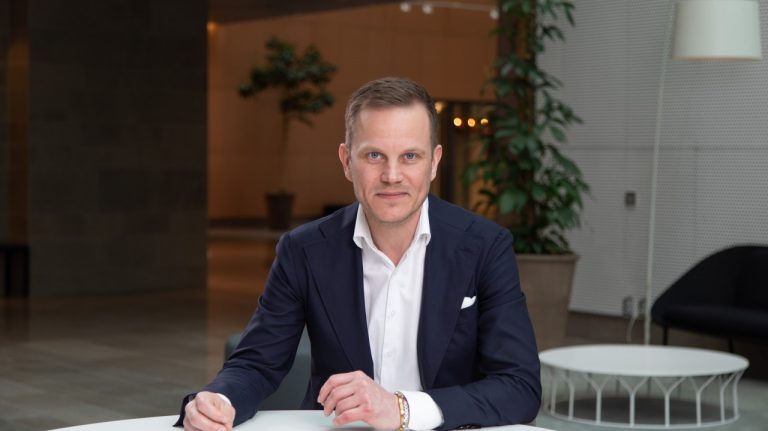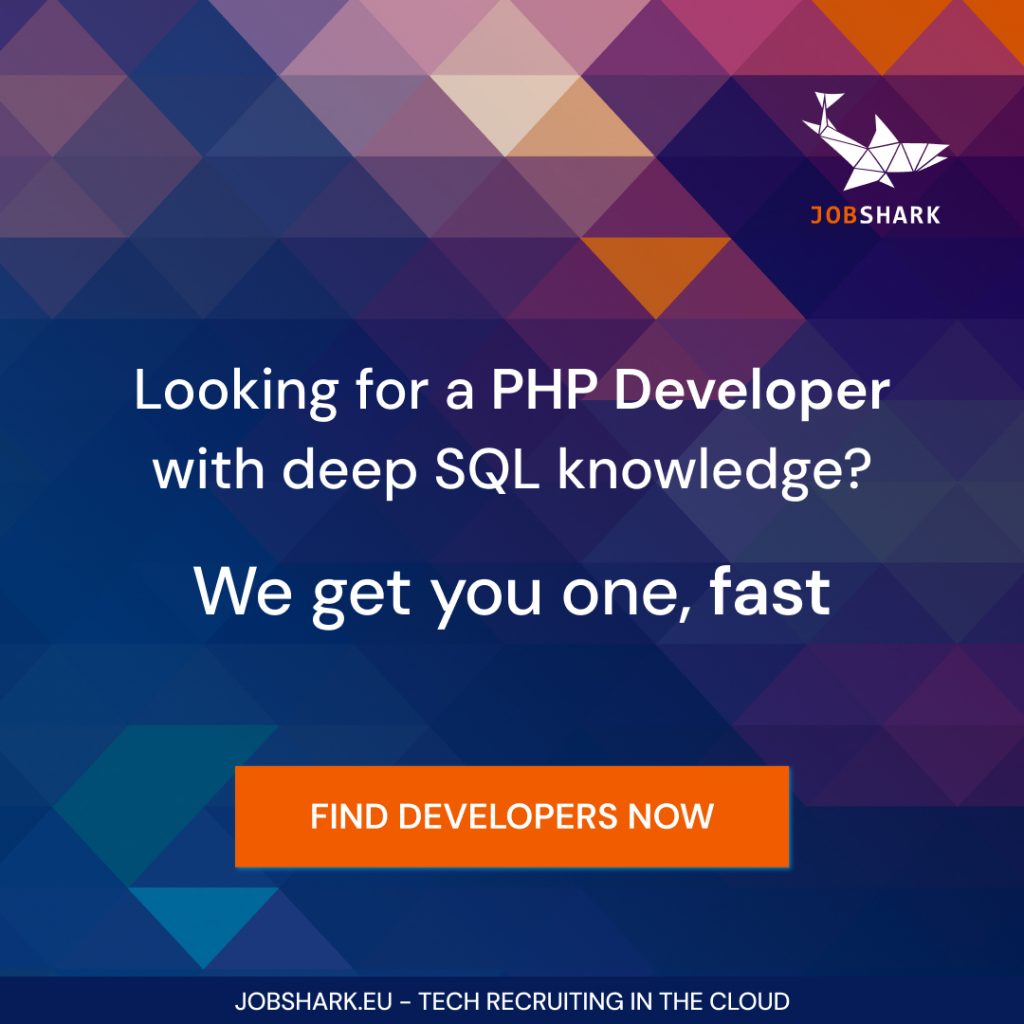Five years ago, the pandemic upended office life and set the workplace on a path of permanent reinvention, in which flexibility and purpose are the driving principles behind new ways of working. Among the leaders who have fully embraced this reality is Henrik Jarleskog, Head of Future of Work for Europe at Sodexo.
Despite being a company deeply embedded in the global office ecosystem that existed before the pandemic, Sodexo chose not to cling to the hope of returning to the way things were. “We recognized early that distributed work was here to stay,” says Jarleskog. Since then, Sodexo has positioned itself as a proactive architect of this new era, consistently anticipating clients’ needs amid ongoing changes. “We’re not betting on a return to the old normal. Instead, we’re curating intentional experiences that make hybrid work productive, sustainable, and human-centered.”
Jarleskog has become a foremost evangelist for the flexible work revolution, using his platforms to share insights that inspire change. In this interview, he discusses how Sodexo is redesigning its services to support a more intentional, people-first work environment. He also examines the macro, systemic changes that flexible work brings — due to the economic ripple effects of office downsizing — and emphasizes the growing social responsibility companies must shoulder during this transition.
Finally, Jarleskog reflects on the interesting correlation between high levels of interpersonal trust in the Nordic countries and their widespread adoption of remote work, offering insights into what other regions can learn from the Nordics.
TechTalents Insights: When the pandemic hit and companies closed their offices, the broader office ecosystem was affected, including the neighboring businesses and Sodexo itself. How has the company navigated the changes since then? It’s clear that Sodexo isn’t betting on a return to the office as the future of work.
Henrik Jarleskog: The most significant innovation for Sodexo during and after the pandemic wasn’t a product or service — it was our investment in understanding our clients’ evolving workplace needs. We recognized early that distributed work was here to stay. That insight became the foundation for a much more flexible value proposition and operating model — one designed not just to support offices, but to support people, wherever they are.
We’re not betting on a return to the old normal. Instead, we’re curating intentional experiences that make hybrid work productive, sustainable, and human-centered — from well-being services to digitally enabled workplace experiences. In that sense, we’re not just adapting to the future of work; we’re helping shape it.
TechTalents Insights: The pandemic forced this reevaluation of traditional work setups. Now, with AI advancing rapidly, are we on the brink of a new workplace revolution?
Henrik Jarleskog: Absolutely. But the revolution isn’t just technological — it’s strategic.
AI and distributed work are converging to redefine business operating models. The most forward-thinking organizations are moving from rigid hierarchies to agile, outcome-driven ecosystems. AI doesn’t just automate — it helps leaders reallocate talent, redesign workflows, and elevate human creativity.

TechTalents Insights: Do you think AI will finish what the pandemic started and reshape work as we know it?
Rather than finishing what the pandemic started, AI is amplifying it — ushering in a new era where trust, autonomy, and adaptability are core to how work gets done. The companies that thrive will be the ones who don’t just adopt new tools, but redesign themselves around new principles.
TechTalents Insights: In your LinkedIn article “Half the Space, Twice the Experience,” you discussed Ericsson’s decision to rightsize its office space. You highlighted that this move is not just about cost-cutting; it reflects a shift towards a new era of work where in-person meetings are intentional and take place in spaces designed with purpose. You also touched on the broader effects of this shift, such as declining commercial property values and pressure on the banking sector and pension funds, which have implications for overall financial stability. How can companies strike a balance between flexible work and the systemic changes it triggers, ensuring a smooth, socially responsible transition into the future of work?
Henrik Jarleskog: Rightsizing isn’t about cutting costs — it’s about redefining the value of presence. Ericsson’s move signals a new intentionality: in-person time is precious and should serve a purpose.
But there’s a wider responsibility at play. Office downsizing impacts commercial real estate, cities, and even financial systems like pension funds. Forward-looking companies must balance internal optimization with external stewardship.
That means transparent communication, cross-sector collaboration, and an expanded sense of accountability. The future of work is a systems challenge — and it calls for systems leadership.
TechTalents Insights: You’ve recently shared a post on LinkedIn about how Europe is the most flexible continent in the world, highlighting how European companies have established hybrid and digital-first models faster than other regions.
There are some differences inside Europe, though: remote work is much more common in Northern Europe. Coincidence or not, Northern Europe, especially the Nordic countries, is a region where the levels of interpersonal trust have always been high. A recent quote by Spotify’s then CHRO, Katarina Berg, illustrates this societal trait: “You can’t spend a lot of time hiring grown-ups and then treat them like children.”
As a Swede yourself, do you agree that there is a connection between high trust and high flexibility in Northern Europe?
Henrik Jarleskog: There is — and trust is the hidden operating system behind flexible work. In the Nordics, we don’t manage by control; we manage by clarity. That’s why remote and hybrid models took root so quickly here.
TechTalents Insights: What can others learn from Northern Europe regarding flexible work?
Henrik Jarleskog: Trust isn’t a cultural artifact — it’s a design choice. Any organization can build it through transparency, psychological safety, and outcome-focused leadership.
TechTalents Insights: What’s next in the flexible work revolution?
Henrik Jarleskog: We’ve seen Structured Hybrid emerge as the dominant model for high-performing companies. And now, it’s evolving again — into what I call Hushed Hybrid. This next phase is quieter, team-driven, and trust-led. Office presence is no longer a mandate — it’s a meaningful moment.
That’s where we as a company become deeply relevant. We’re not just supporting hybrid work — we’re curating the experiences that make it worthwhile. It’s full-stack hospitality for a distributed world, ensuring every gathering is intentional, elevated, and impactful.
You’re clearly committed to learning what’s next
Stay ahead by joining the TechTalents Insights community for every-other-week trends and expert takes — all free and sent right to your inbox. Click here to subscribe.




